What Difference Will the UN’s Universal Periodic Review of Haiti Make? — Nicole Phillips & Sarah Paoletti, Institute for Justice and Democracy in Haiti
Uruguayan peacekeepers with MINUSTAH receive medals of recognition in the rain in Les Cayes, Haiti.
On October 13, 2011 representatives of the Government of Haiti will appear in Geneva before 47 member nations of the UN to attest to Haiti’s adherence — or lack of adherence — to universal human rights standards. Some ask, why invest in a UN-mandated review of the state of human rights in Haiti when the United Nations — via its peacekeeping force MINUSTAH — is seen as an occupying force and a perpetrator of human rights abuses? *
In a phone conference on August 30 arranged by the Institute for Justice and Democracy in Haiti, two attorneys — Nicole Phillips, IJDH Staff Attorney, and Sarah Paoletti, Senior Coordinator/Consultant for the US Human Rights Network’s Universal Periodic Review Project — explained the process and import of preparing for the first Universal Periodic Review (UPR) of Haiti. Haiti is the last UN member nation in a four-year rotating cycle to be evaluated for its adherence to the UN Declaration of Human Rights of 1947. Haiti’s review was postponed due to the January 2011 earthquake.
The UPR process calls for input from civil society organizations. In the past nine months IJDH has gathered testimony from 57 of them, including tent camp committees, women’s defenders, and peasant coalitions — often at great risk given ongoing abuses in Haiti. The consultative process of developing briefing documents brings abuses of human rights into the public eye and grassroots organizations into a closer alliance, gaining more strength to fight for their rights in Haiti.
All delegates will have read documents submitted by the Haitian Government (see http://ijdh.org/archives/21222) and by the civil society groups that grouped testimony into 12 categories. (For a compendium of the civil society reports see http://ijdh.org/library/publications#publications-UPR.) The next day, the member states will make recommendations (that the Government of Haiti can accept or reject), but which will serve as a guide post for the next four years of implementation before Haiti’s second Universal Periodic Review before the UN’s member states.
The work of the Institute for Justice and Democracy in Haiti in assembling documentation for the UN’s Universal Periodic Review of Haiti will be featured in a public forum on October 27 at the Boston Foundation. IJDH is a 2011 grantee of the Haiti Fund at the Boston Foundation.
For the full notes of the teleconference see http://ijdh.org/archives/21208
*Accusations of abuse and negligence by MINUSTAH (United Nations Stabilization Mission in Haiti): Last week Uruguayan MINUSTAH troops were filmed by cell-phone raping an 18-year-old Haitian man, which one blogger, Crawford Killian, described as MINUSTAH’s “Abu Ghraib” moment (an allusion to the videos of Iraqis being tortured under supervision by US personnel at the infamous prison.) See http://crofsblogs.typepad.com/h5n1/2011/09/haiti-is-this-minustahs-abu-ghraib-moment-in-haiti.html.) This week several under-age Haitian girls provided evidence that they became pregnant by Uruguayan peacekeepers. (See http://ipsnews.net/news.asp?idnews=105016.) This past year indisputable evidence has been gathered linking the cholera outbreak and nearly 6,000 cholera-related deaths to infected sewage from a MINUSTAH base near Mirebalais.

